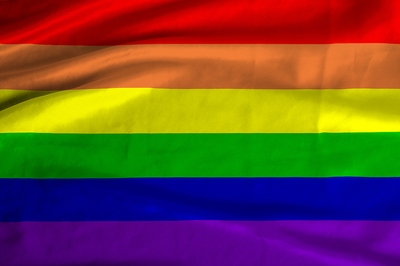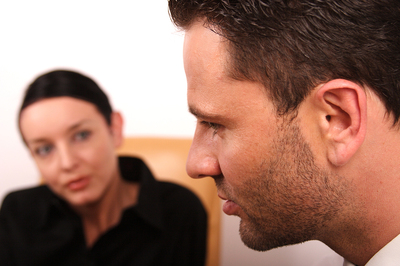LGBT community members are particularly vulnerable to substance abuse and addiction. In fact, while the rate of drug and alcohol abuse for the general population is nine percent, it skyrockets to as high as 30 percent in the LGBT population. Given this data, it’s clear that this is a serious problem meriting significant attention.
The good news? Proactively addressing LGBT-specific risk factors can help mitigate their negative effects. Here’s a closer look at four strategies which can act as interventions.

Just because LGBT acceptance has come a long way doesn’t mean it doesn’t have farther to go.
1. Tackling the bullying problem
“While trying to deal with all the challenges of being a teenager, lesbian/gay/bisexual/transgender teens also have to deal with harassment, threats, and violence directed at them on a daily basis. LGBT youth are nearly twice as likely to be called names, verbally harassed or physically assaulted at school compared to their non-LGBT peers. Their mental health and education, not to mention their physical well-being, are at-risk,” says Mental Health America (MHA).
Unfortunately, this phenomenon can lead to ongoing threats to LGBT wellness, including substance use. An increase in anti-bullying campaigns could help create safer spaces for LGBT youth and therefore serve as an invaluable preventative measure against drug and alcohol use and addiction.
2. More assistance programs for victims of abuse
According to the Human Rights Campaign, “As a community, LGBTQ people face higher rates of poverty, stigma, and marginalization, which put us at greater risk for sexual assault. We also face higher rates of hate-motivated violence, which can often take the form of sexual assault. Moreover, the ways in which society both hypersexualizes LGBTQ people and stigmatizes our relationships can lead to intimate partner violence that stems from internalized homophobia and shame….Yet, as a community, we rarely talk about how sexual violence affects us or what our community’s unique needs are when it comes to preventing sexual assault and supporting and caring for survivors of sexual violence.”
For LGBTQ survivors, seeking help following an assault can be harder because of the discrimination they’ve faced in the past and fear facing in coming forward. Shining the spotlight on the problem of violence against LGBTQ individuals, along with raising awareness about resources aimed at helping them, can provide a conduit to support that may avert a later substance use disorder for victims of abuse.
4. Advocacy in support of equal rights for LGBT people
According to the UNC LGBTQ Center, “Heterosexism is the societal and institutional reinforcement of heterosexuality as the privileged and the norm; and the assumption that everyone does or should identify as heterosexual.”
Heterosexism is linked with many forms of oppression and can lead to the further marginalization of sexual minority individuals, which may, in turn, lead to them using drugs or alcohol to cope.
Herterosiem is also associated with internalized feelings of shame, struggles with self-acceptance, and social and emotional strain. Says HeretoHelp, “There is evidence that these higher rates of mental health challenges are due to heightened and long-term exposure of LGBT people to societal and institutional prejudice and discrimination.”
3. Enhanced access to mental health services
The impact of heterosexism can result in negative mental health consequences. In fact, according to the National Alliance on Mental Illness (“NAMI”), “LGBTQ individuals are almost 3 times more likely than others to experience a mental health condition such as major depression or generalized anxiety disorder. This fear of coming out and being discriminated against for sexual orientation and gender identities can lead to depression, posttraumatic stress disorder, thoughts of suicide, and substance abuse.” Factor in the addition stigma associated with mental health conditions, and many people fail to get the treatment and support they need to improve.

LGBT individuals face unique challenges. The most successful treatment programs understand and address these issues, thereby clearing a path to recovery.
Even LGBT individuals who do seek out help may find themselves disadvantaged by the care they receive. “Though more therapists and psychiatrists today have positive attitudes toward the LGBTQ community, people still face unequal care due to a lack of training and/or understanding. Healthcare providers still do not always have up-to-date knowledge of the unique needs of the LGBTQ community or training on LGBT mental health issues. Providers who lack knowledge and experience working with members of the LGBTQ community may focus more on a person’s sexual orientation and/or gender identity than a person’s mental health condition,” continues NAMI. The takeaway? Finding LGBTQ-specific treatment can make all the difference.
While these four LGBT substance abuse prevention strategies offer hope for a brighter future for members of this marginalized community, the fact remains that addiction remains a reality for many LGBT people and the people who love them. To learn more about how leading St. Louis rehab treatment center Harris House’s LGBT programs can facilitate recovery, contact us today.







